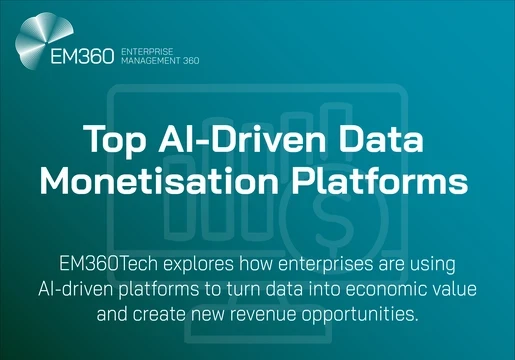28 January marks Data Privacy Day, an initiative that endeavours to raise awareness about privacy and safeguarding data on an international level. The annual event is aimed at individuals and businesses to encourage data best practices across the board. Data Privacy Day takes us on a historical journey of data regulations. In particular, the annual initiative commemorates Convention 108, the first binding international law addressing individuals’ rights to protection of their personal data. Convention 108 would not be the last to shape data protection. It was only in 2016 that the GDPR, EU's current data protection framework, came into play. Brazil, India, and New Zealand also followed suit, strengthening current or fashioning new regulations. There'll also be more to come, as predicted by Nigel Hawthorn, Data Privacy Expert at McAfee:
“Over a year after the EU’s General Data Protection Regulation (GDPR) came into force, the regulatory bodies are changing their focus from guidance to full enforcement. The GDPR framework serves as a driver for organisations to revisit their current processes and take full responsibility for how they process and store personal data.
As the UK leaves the EU, this legal responsibility doesn’t go away. The UK government passed the Data Protection Act 2018 to provide an equivalent law to GDPR. As we’re stepping into a new decade, we are seeing the rise of more regulations which put internet users first and a rise in the data stored in the cloud."
Data Privacy Day is good fun and all (any excuse for a party), but it has left many businesses and consumers alike thinking the same thing: since when did we care so much about data privacy?

The clue's in the news
For businesses today, data is hot property. It enables companies to get to know their customer better than ever, as well as optimise business processes to save time and money. However, as the news reminds us every other day, data is not all rainbows and butterflies. The Nightmare on Data Street is data breaches. With companies as large and data-literate as Facebook and Capital One succumbing to data breaches, consumers are growing increasingly aware of – and worried about – these attacks and their personal credentials. Social security numbers, financial credentials, student records, and health information are just a few examples of what individuals may wish to keep safe. In response to this, governments are putting pressure on organisations to meet strict data regulations. Consumers alike are also increasingly asking themselves whether or not they trust organisations with their data before handing it over. Chris Greenwood, Senior Director and General Manager UK&I at NetApp, explores further: “We, as consumers, trust organisations to handle our data in a secure, standardised and accountable way. But with 60% of UK businesses planning to migrate apps and data to the cloud within the next year, the risks are high. Combine this with the rise of 5G, edge computing and AI bringing about entirely new and disruptive ways to use data, organisations must ensure suitable safeguards are in place, tested and updated as we begin to unravel these various possibilities. “75% of IT leaders anticipate that security will have the largest impact on their data strategy over the next 12 months. In order for privacy to succeed, it is the duty of companies and organisations to not only understand how and why data is being used, but also have the capabilities to remedy any ethical concerns which may naturally arise as new lines are drawn on what ‘is’ versus what ‘was’ acceptable as technology becomes ever more powerful."
Until next year...
Data Privacy Day is a gentle reminder for organisations and consumers to tread carefully. Everyone must make themselves familiar with the data best practices that applies to them. For organisations, this could mean employing a Chief Data Officer to spearhead compliance and governance. For consumers, this could mean changing passwords like they change their socks. Either way, we all have a responsibility when it comes to data; Internet of Things-powered devices are collecting more of it than ever and the success of business today very much depends on it. So if you can't beat it, join it, and prepare yourself for an increasingly data-driven future.
Next, check out our CxO of the Week, Ofer Amitai at Portnox.







Comments ( 0 )